KATHMANDU: The World Bank (WB) said it has approved $75 million from the International Development Association to “support access to safe and effective COVID-19 vaccines and equitable vaccine distribution” by strengthening Nepal’s health and vaccination system.
A statement issued by WB said a meeting of the World Bank’s Board of Executive Directors held Friday decided to extend the support to Nepal.
According to the statement, the support is expected to facilitate vaccination of at least one-third of the population through an equitable distribution plan.
“The pandemic presents immense challenges and an uncertain environment, particularly in the purchase, supply and distribution of vaccines,” Faris Hadad-Zervos, World Bank Country Director for Nepal, Maldives, and Sri Lanka said adding, “It is a testament to our strong partnership with Nepal that the Bank has been able to move quickly to support the government’s ambitious plans to vaccinate at least 72 percent of the population.”
As much as 90 percent of the financing will go to the purchase of COVID‐19 vaccines and deployment for prioritized populations beyond the 20 percent that will be vaccinated through COVAX, the statement said.
Likewise, according to the WB, the rest of the financing will help strengthen the health system to support the COVID‐19 vaccination effort and procure other COVID‐19-related supplies such as diagnostic tests, laboratory equipment and therapeutics.
This will also support community engagement and risk communication, and strengthening existing digital technology‐based pandemic data, surveillance and monitoring systems, it added.
“This support is critical for Nepal to safeguard the physical health of its people and economic health of the nation,” Gail Richardson, World Bank Practice Manager for South Asia for the Health, Nutrition and Population Global Practice, said.
Richardson added that providing fast and fair access to the approved COVID-19 vaccines for the most vulnerable people will expedite population-level immunity, which is central to resilient recovery from the devastating effects of COVID-19.


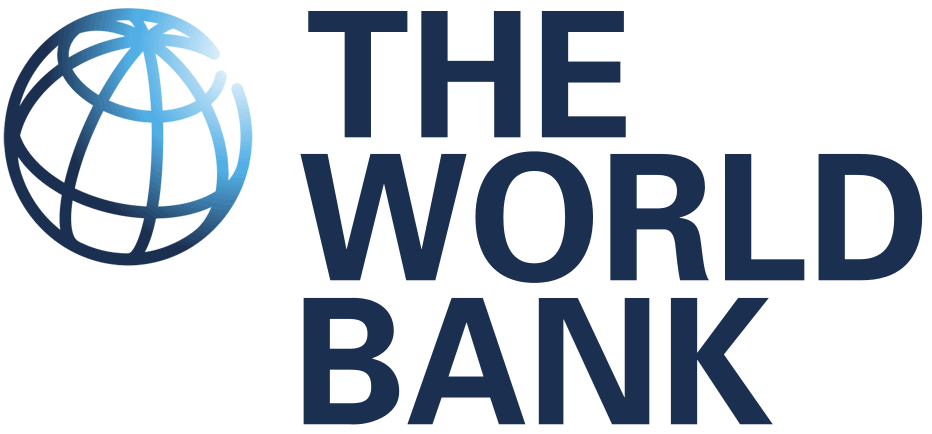

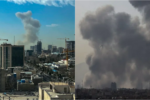
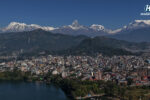
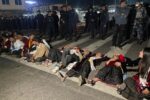
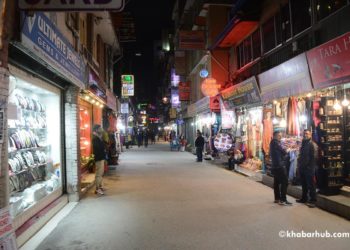

Comment